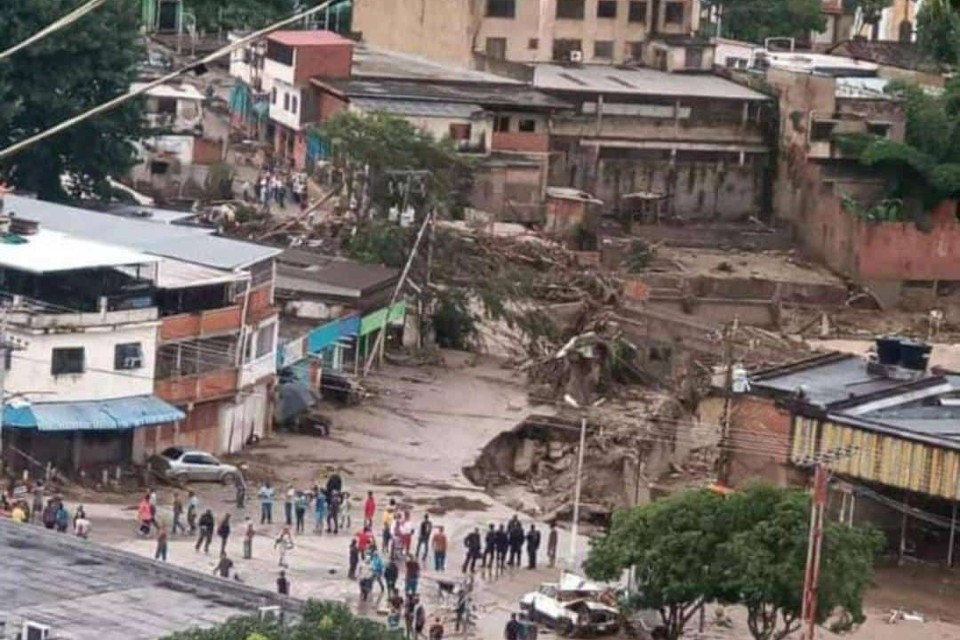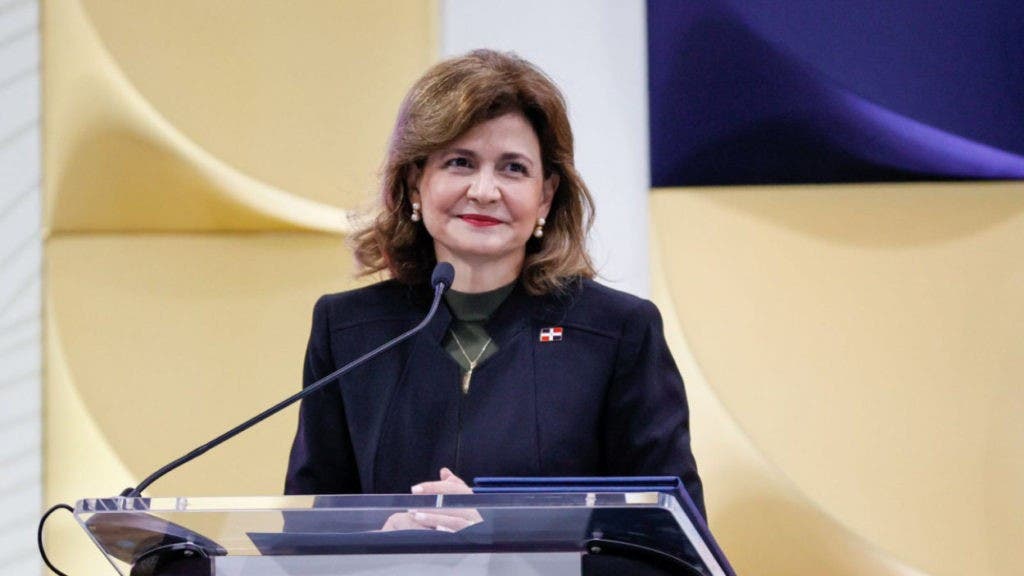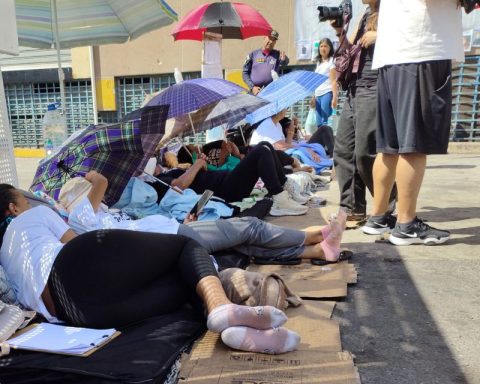Within the framework of the event Innovation and New Businesses, the second summit of El Observador Events, experts from various areas spoke about the future of Uruguay. The first reference to speak in the second panel was María José González, environment and energy consultant for the Ministry of Industry, Energy and Mining (Miem). “Uruguay is moving towards a more sustainable perspective, in a transversal way” together with other portfolios, such as Environment and Livestock, indicated the expert.
In the first transition “we managed to decarbonize electric power, now we are going to decarbonize transport,” said González about the plans that the Miem is carrying out.
“Uruguay has the possibility of being an exporter of green fuel”, added the expert, who explained that this could be an important platform for the country’s development. In fact, the government opened calls that aim to create pilot projects to take that course, which Uruguay can use as a platform to expand.
Diego Battiste
María José González, consultant in environment and energy of the Miem
For his part, Jaime Miller, director of the company Capital Oriental, asserted that today these issues can be discussed because Uruguay “has an institutional order and has been able to face political changes for 40 years.” Something that differentiates it from the region.
“Uruguay has a sustainable policy and that puts it on a par with the European leagues,” added the businessman.
“It no longer matters who is going to win the elections, from the point of view of stability”, something essential for the businesses to come, which are those linked to sustainability, because they are long-term projects, explained the executive.
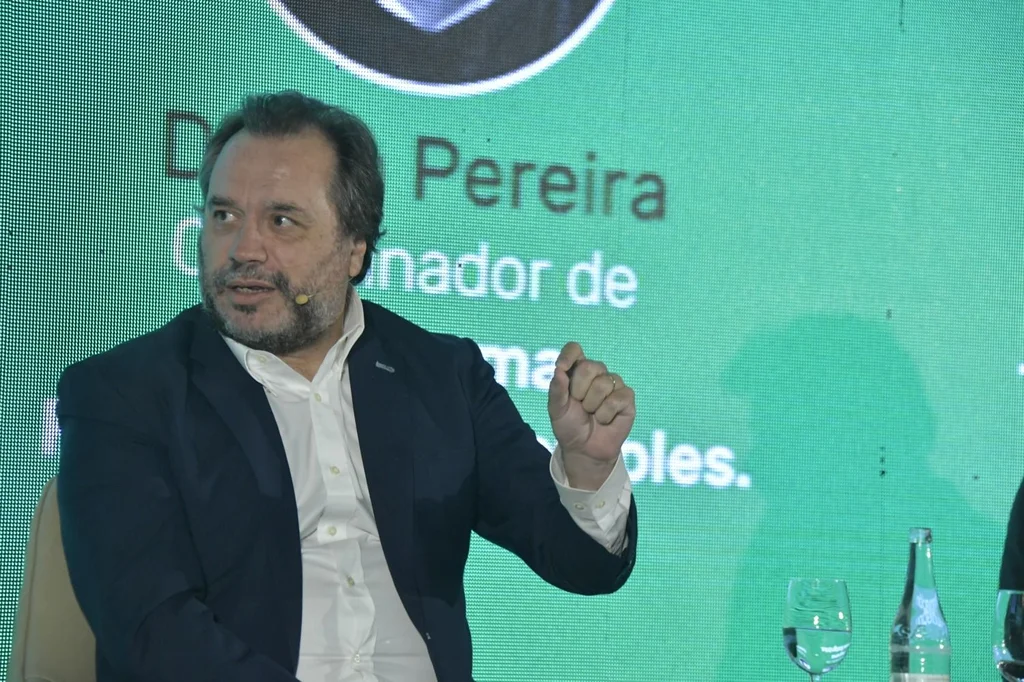
Diego Battiste
Jaime Miller, director of the company Capital Oriental
“Breaking paradigms is innovating,” said Beatriz Ponce de León, managing partner of Arbusta.
“Uruguay has great differentials, but its biggest challenge is being expensive” compared to other markets, Ponce de León pointed out and estimated that “generating value proposals that compensate for this difficulty” is the solution to be able to “become more competitive”.
Along this path, Arbusta proposes to train young people not inserted in the labor market in information technology, in order to, in addition to involving them in the local market, forge young leadership.
Both Ponce de León and Miller emphasized the quality of employment in the local marketanother of the differentials in Uruguay for sustainable investors to focus on this country.
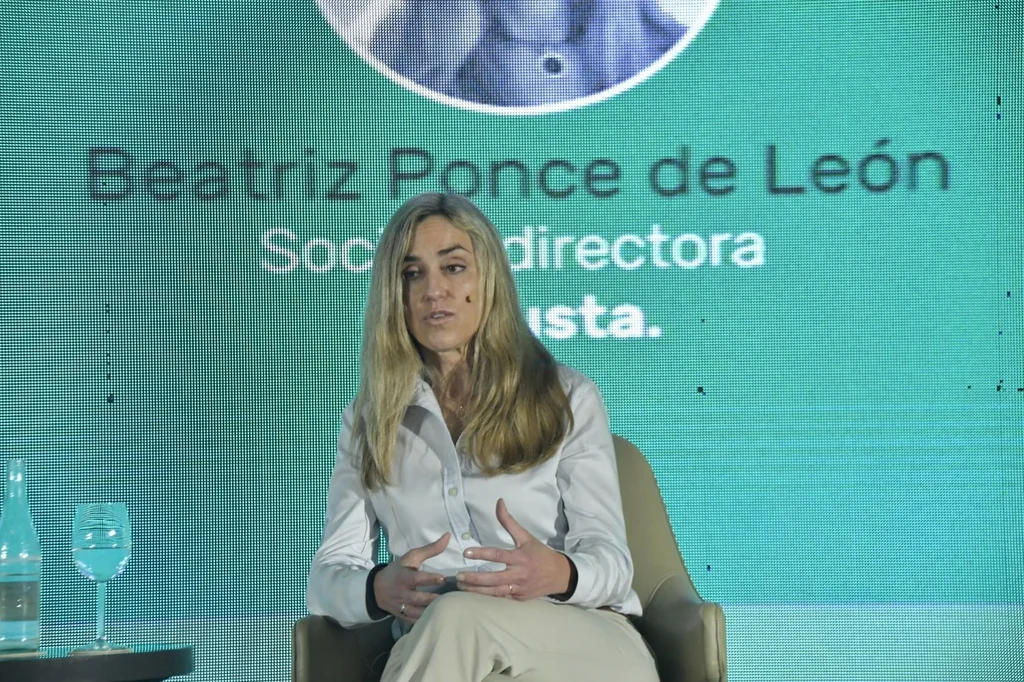
Diego Battiste
Beatriz Ponce de León, managing partner of Arbusta
Luis Ara, the founder of Trailer Films, pointed out that for some years the audiovisual industry has been developing in Uruguay thanks to “his own talent, the Statewho has understood that this industry is super sustainable, but the main engine is the small production companies that have come out looking for new challenges”.
Ara is the producer of Togoa local film that today is in the top 10 of the most watched productions on Netflix.
“The future in Uruguay lies in creativity”Ara said about Uruguay’s dilemma in terms of facing its biggest challenge, competitiveness.
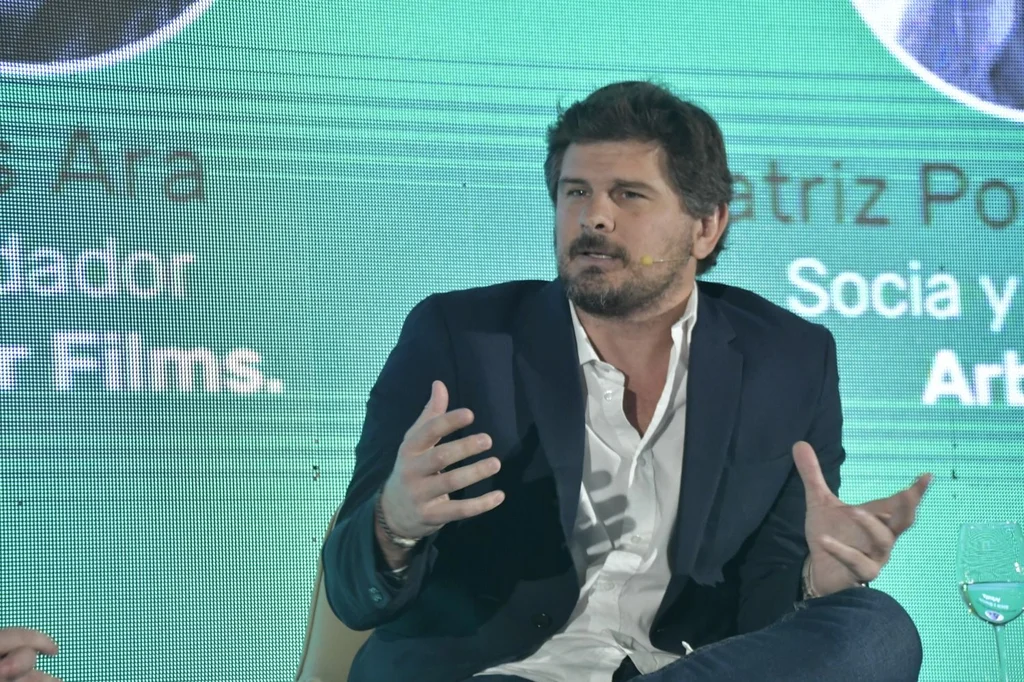
Diego Battiste
Luis Ara, founder of Trailer Films
The way to develop sustainable finances in Uruguay must be long-term, Diego Pereira explained., coordinator of the Sustainable Finance Program. And he explained that this is because a very important volume of money is needed to be invested in sustainable projects.
Pereira expressed in turn that, in addition to creating a story that leverages Uruguay towards a sustainable future, it is necessary to measure the carbon footprint and focus on livestock and transportation.
“Uruguay is called to be a hub sustainable finance region”, concluded Pereira and explained that the country already has an infrastructure to support itself in order to achieve this goal.
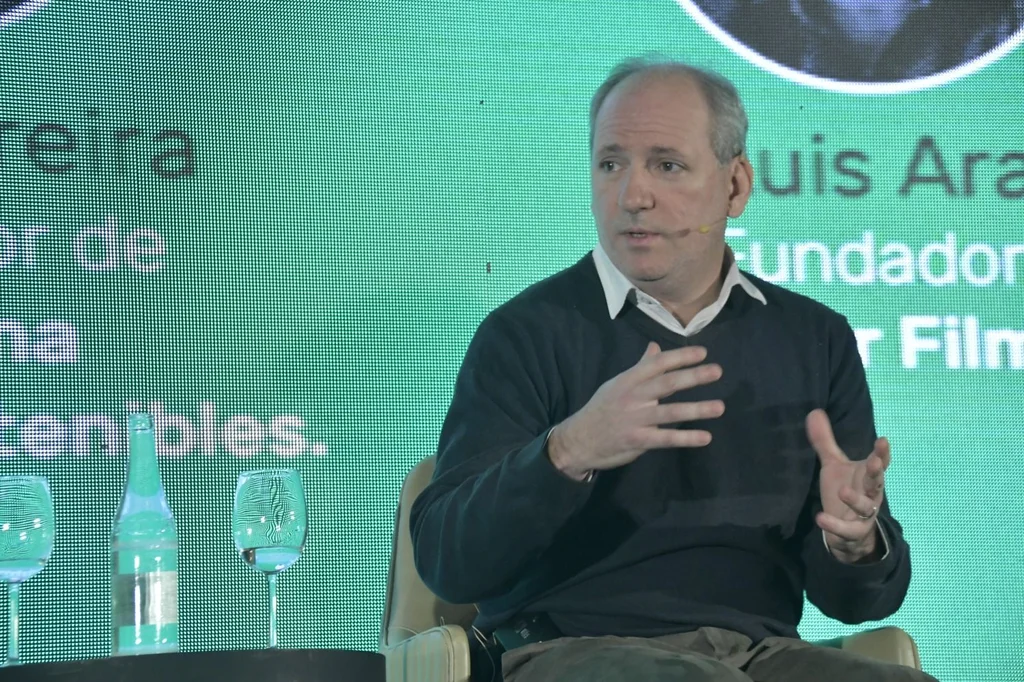
Diego Battiste
Diego Pereira, coordinator of the Sustainable Finance Program
“Mention in one sentence the opportunities that Uruguay has”, launched the moderator of the panel Carina Novarse as a slogan for the experts. To which Miller replied without hesitation: “Tomatoes”.
“The main tomato producer in the world is the Netherlands, whose area is equal to that of the departments of Tacuarembó and Rivera,” Miller explained. “The application of technology for food production in Uruguay is one of the greatest opportunities that the country has; as well as the production of structural wood”, Miller expanded, betting on the country becoming a benchmark for sustainable construction.











